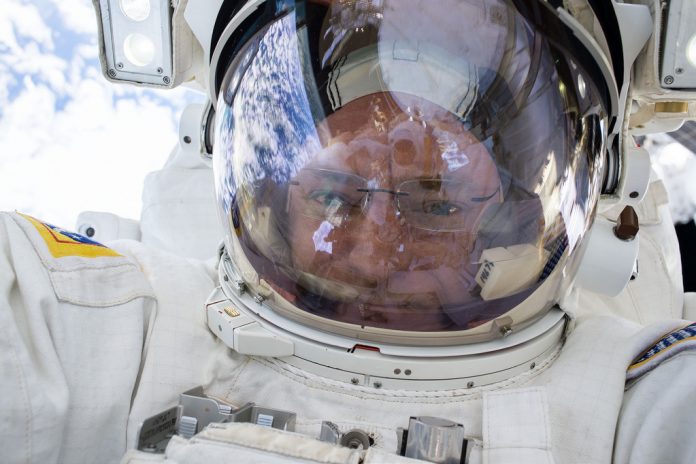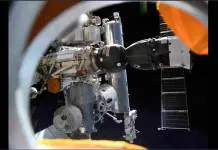
Medical researchers published a study about the effects of spaceflight on astronaut brain structure this Wednesday in the New England Journal of Medicine. Their findings were conclusive, and they believe that long-term space missions result in brain “squeeze” and visual impairment due to intracranial pressure.
The study has proven worrisome to the space community given that it presents yet another obstacle to overcome on humanity’s road to Mars. An interplanetary mission is in the cards for space agencies and companies in the next couple of decades, so this new issue is something to take into account.
These new findings corroborate well-known studies about the effects of microgravity in astronauts’ health after spending long periods of time in orbit. Mars missions present new paradigms to human life and they include elements out of our control.
MRIs reveal shift of brain, narrowing of central sulcus & narrowing of CSF spaces at the vertex after spaceflight. https://t.co/5mKrT6oDMb pic.twitter.com/0eGCLEpGyW
— NEJM (@NEJM) November 1, 2017
How does microgravity squeeze astronauts’ brains?
The medical experts conducted magnetic resonance imaging tests to 34 astronauts embarking on both long and short-term missions. The average duration of long missions was 165 days while the short missions lasted just 13 days on average.
Out of the 34 astronauts, 18 went on long-term missions and 17 of them showed signs of central sulcus narrowing on their brains. This phenomenon refers to how spinal fluid concentrations cause the brain to have less room in the skull, thus narrowing this area that connects the frontal and parietal lobes.
Weightlessness in microgravity or zero gravity causes all the fluids in the body to have an upward shift, which results in something astronauts call Bird Leg Syndrome. Blood and water rise to the top of the body and head, making people turn red on the face and their legs to get skinny due to the low pressure.
We're live talking about the psychology of long-term human spaceflight! https://t.co/k0vHnVl4H0 @STEMin30 pic.twitter.com/Rby3MRqp6l
— SmithsonianAirSpace (@airandspace) November 1, 2017
How does intracranial pressure affect sight on astronauts?
As a result of this shift, a high percentage of astronauts also experience space motion sickness, which causes them to undergo the same effects as regular motion sickness on Earth until they adapt to the absence of gravity. A more serious side effect, though, is visual deterioration.
Intracranial pressure due to the accumulation of spinal fluid means that all the organs in the head are under significant strain. The brain takes a toll, as we saw, but also the eyes and optic nerves are believed to act as “release valves” to some of the pressure, which in turn rapidly deteriorates sight.
Astronauts in their 40s and 50s experience express farsightedness after spending extended periods in space. Some of them return to Earth wearing glasses. Researchers continue to study the cognitive effects of the narrowing of the central sulcus and suggest we might have to fake gravity during interplanetary missions to avoid affecting health.
Source: New England Journal of Medicine











